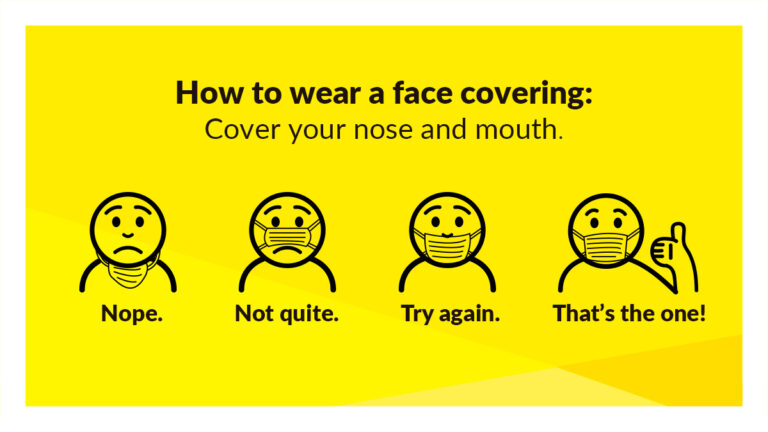The fitness for caregiving duty question should not be taken lightly. Is the caregiver Willing, Able & Available needs to be asked and responses evaluated continuously during the caregiving journey ensuring the caregiver ability to meet the demands of the role, and that the loved one’s care needs are being safely met. Typically, when a loved one has physical or mental status change there will be a corresponding change in caregiving needs. As the loved one’s condition declines, the care needs typically increase. The additional care requirements mean more frequent and complex caregiving interactions that can be emotionally and physically draining. Caregiving assistance that may have been periodic or supportive in nature shifts to being more intensive. Intensive caregiving requirements go beyond some assistance with bathing and grooming, toileting, feeding, dressing, transferring and walking to having to meet all of those needs with extra assistance. This corresponds to spending more time and energy on the various caregiving functions while continuing to manage medications and keeping the loved one comfortable.

The questions that caregivers and their support system need to continuously evaluate are:
- Is the caregiver able to meet the care needs of the loved one? That is, can they physically and mentally complete the caregiving tasks safely? If the recipient of care is physically taller and heavier than the caregiver there will be physical constraints, including limitations in the ability to lift, turn, safely walk and provide the assistance with activities of daily living. Is the caregiver able to cope with the demands of caregiving?
- Is the caregiver willing to meet the care needs of the loved one? That is, does the caregiver feel comfortable and willing to assume these additional tasks that may include emptying bedpans, dealing with vomit, handling additional bodily fluids, managing medical equipment and supplies?
- Is the caregiver available to meet the care needs of the loved one? That is, can the caregiver be present to carry out the necessary care? Does the caregiver have conflicting responsibilities such as work, child care or other obligations that will impact their ability to meet the needs of the loved one?
If the answers to these questions is “no” that is a clear indication that additional caregiving support is needed. This is the time that the members of the circle-of-care, needs to reevaluate the caregiving plan and make modifications to meet the recipient’s needs.
Don’t forget that caregivers need to opportunity to “recharge” and take care of their own physical and emotional needs before meeting the needs of others. Friends of caregivers need to help the caregiver get the required time away for a bit of relaxation, a tasty meal, run an errand or read a book. Remind the caregiver of the instructions given on a plane, that when the oxygen masks come down, always put on your own mask before assisting others. Evaluate your caregiver situation for being able, willing and available to perform the needed care tasks.
#palliativecare, #palliative, #hpm, #homehealth, #compassion

